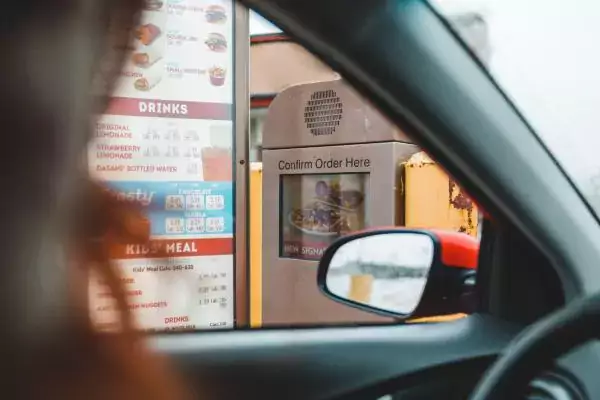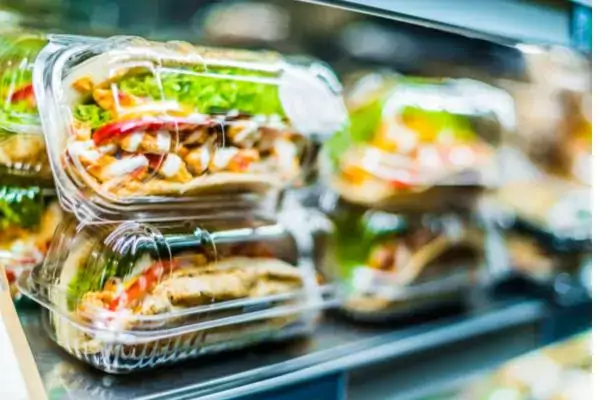We recently learned about a Manhattan-based startup that aspires to be the Uber of restaurant repairs. SendaGuy Now targets independent restaurants in New York who are in need of repair and maintenance service. In a savvy move, SendaGuy Now is incentivizing small operators to develop a preventative maintenance schedules by helping restaurants locate quality contractors who can provide important services when required without a service contract.Think about it: if the grill goes out or the refrigerator suddenly stops working on a holiday weekend in the summer, this restaurant is suddenly faced with enormous monetary loss or, worse yet, a possible health risk to customers.
A same-day repair can be costly, so SendaGuy Now can help small operators establish a preventative maintenance schedule based on their specific needs. It averts disaster and ultimately saves money by prolong equipment life.It’s a manageable scenario when a single restaurant knows its specific needs and communicates them through a mobile platform. However, knowing the needs of a dozen, maybe even 100 restaurants in a region, is definitely more challenging. Whether you have on-staff maintenance personnel or have contracted those services with a third-party firm, store-level managers and senior managers need to get on the same page with preventative maintenance.
As SendaGuy Now has helped to identify, these are the common “on-demand” maintenance services:
· Grease traps and exhaust systems (crucial to employee and customer safety)· Commercial kitchen equipment· Fire extinguishers· Fire suppressions systems· Backflow preventers· Refrigeration· Ice machines
So now comes decision time for restaurant chains, and this is what they need to remember: If you don’t have the resources to have a maintenance staff member or third-party contractor doing regular prevention audits, is it possible to have your managers and/or employees pitch in?
It’s more feasible than you think: Sit down with your maintenance staff or pay a third-party contractor to come up with a list of maintenance best practices at each location. See what tasks non-maintenance employees can handle safely, develop those practices into a daily checklist or weekly checklist depending on the need, and distribute those checklists to stores. Forget fax and email which may or may not be received—send the checklist right to your managers’ mobile device and track the response. What Came First: The Preventive Maintenance or the Audit? In restaurant operations, it’s definitely the baseline audit that comes first. Like in any experiment, you need to establish the “control group” before you attempt to test new protocols and procedures.
 2. General Cleanliness – What defines “clean”? There’s what’s required by law, of course, but there’s also best practices you can implement between shifts, which can be unique to your business and the type of food you serve. Your baseline audit, especially one that requires photos, is going to help you determine those needs.
2. General Cleanliness – What defines “clean”? There’s what’s required by law, of course, but there’s also best practices you can implement between shifts, which can be unique to your business and the type of food you serve. Your baseline audit, especially one that requires photos, is going to help you determine those needs.
 3. Staff Guidelines – You can’t hold your staff accountable on what they don’t know. It all starts with senior management developing protocols and management carrying them out at the store level. Then, the only way to know if stores are in compliance is for regional managers, or unbiased store managers, to visit locations and use a checklist/audit form to document their observations. Everyone can have an “off” day or a miscommunication with a new employee. But if a store (or region of stores) is routinely being flagged for poor practices, that’s usually a sign of a bigger management problem that needs to be addressed. For those instances, it’s helpful to have a bird’s eye view and to be able to virtually “check into” a location for better understanding and follow-up.
Zenput puts proactive and preventative maintenance procedures within reach—literally, through mobile audit forms! Learn more about Zenput for restaurants by clicking here.
3. Staff Guidelines – You can’t hold your staff accountable on what they don’t know. It all starts with senior management developing protocols and management carrying them out at the store level. Then, the only way to know if stores are in compliance is for regional managers, or unbiased store managers, to visit locations and use a checklist/audit form to document their observations. Everyone can have an “off” day or a miscommunication with a new employee. But if a store (or region of stores) is routinely being flagged for poor practices, that’s usually a sign of a bigger management problem that needs to be addressed. For those instances, it’s helpful to have a bird’s eye view and to be able to virtually “check into” a location for better understanding and follow-up.
Zenput puts proactive and preventative maintenance procedures within reach—literally, through mobile audit forms! Learn more about Zenput for restaurants by clicking here.
There are three basic components of a baseline audit:
1. Safety – The health and physical well-being of employees and customers needs to be the No. 1 priority at all times. For instance, let’s find out if there’s hand soap in the kitchen, and let’s get on the same page about kitchen thermometer readings.Subscribe to our blog
You are now subscribed!


